20 Reasons to Have a Fire Extinguisher On Hand
When it comes to safety precautions, having a fire extinguisher on hand is so important. Fires can occur unexpectedly and escalate rapidly, posing a significant threat to life and property. A fire extinguisher provides a crucial means to combat small fires before they become uncontrollable. There are several reasons to have a fire extinguisher on hand. Fire Extinguishers: More Important than a Gun?
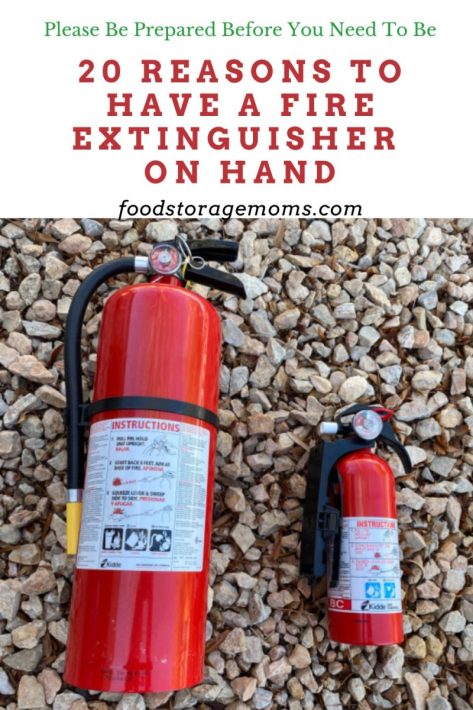
Before we start, let’s outline the various types or classifications of fires and the appropriate fire extinguishers to be used with each class of fire. Fire Blankets and Chimfex By Orion Safety Products
There are four classes of fires as follows:
Class A: these fires involve ordinary combustible materials such as paper, wood, cloth, and some types of plastics. These materials are often referred to as solid materials.
Class B: fires in this class include flammable liquids like alcohol, ether, oil, gasoline, and grease. Actually smothering these fires is often the best approach, but may not be feasible.
Class C: a fire in this class involves energized electrical equipment, appliances, and wiring. In electrical fire situations, you need to use a nonconductive extinguishing agent to put out these fires to prevent electrical shock injury. Never use water.
Class D: there are certain flammable metallic substances, such as sodium and potassium, that make up this class. These materials aren’t as commonly found in a home or office environment.
The different types of fire extinguishers to be used also fall into classifications, and some cover multiple types of fires:
Type A: these extinguishers use pressurized water to put out the fire and should only be used on a Class A fire. When used with Class B or Class C fires, they may cause the fire to spread or there may be an electrical shock.
Type B: used with combustible and flammable liquids like grease, gasoline, oil, and oil-based paints.
Type ABC: this extinguisher uses a dry chemical to suppress the fire. The dry powder in dry chemical extinguishers works on all classes of fires.
Type BC: a Type BC extinguisher uses carbon-dioxide as the fire suppressant and is used on chemical and electrical fires. The carbon dioxide tends to smother the fire and keep oxygen from being a factor.
Type D: for use with flammable metals.
Type K: you use a Type K unit to fight kitchen cooking oils and grease fires.
Let’s discuss some of the reasons to have a fire extinguisher on hand:
1. Immediate Response
With a fire extinguisher readily available, you can respond swiftly to a fire emergency. The ability to act promptly can significantly reduce the extent of damage to people and property caused by the fire.
Large Fire Extinguishers and Small Extinguishers and get a Carbon Monoxide Detector
2. Protection of Life
The primary reason to have a fire extinguisher is to protect human life. By promptly suppressing a fire, you increase the chances of escape for yourself and others present in the vicinity. You need to consider the risk of staying in place to fight the fire or making a quick exit to safety.
3. Preventing Property Damage
Fires can cause extensive damage to property within minutes. Having a fire extinguisher allows you to actively fight the flames at their early stages, minimizing property loss.
4. Controlling Small Fires
Small fires, if left unattended, can rapidly grow and become unmanageable. A fire extinguisher lets you control small fires effectively before they escalate into larger, more dangerous ones.
5. Safe Evacuation
In an emergency situation, a fire extinguisher can create a safe path for evacuation. By suppressing the fire, you can create a temporary barrier between the fire and the exit, allowing for a safer escape route. What You Need in Your Evacuation Shelter Bags
6. Protection Against Different Types of Fires
Fire extinguishers are designed to tackle various types of fires, including those caused by electrical equipment, flammable liquids, paper, and wood. Investing in the right type of fire extinguisher ensures you are prepared to combat any fire scenario. (See dialogue above)
7. Limited Dependence on Fire Departments
While fire departments play a crucial role in firefighting, their response time may vary depending on the location. With a fire extinguisher, you can take immediate action, reducing your dependence on external assistance when the fire is smaller and more manageable.
8. Building Code Compliance
Many building codes mandate the presence of fire extinguishers in residential, commercial, and public spaces. Having a fire extinguisher on hand ensures compliance with these regulations, avoiding potential penalties or challenges with your insurance claim.
9. Early Detection of Fires
When you have a fire extinguisher within reach as a reminder, you are more likely to be cognizant of a fire and prone to notice the early signs of the fire. This allows for quicker response and containment, preventing further damage.
10. Training Opportunities
Owning a fire extinguisher provides an opportunity to educate yourself and others on fire safety. You can attend training sessions or workshops to learn how to properly operate a fire extinguisher and raise awareness among family members, colleagues, or employees. How to Reduce Waste as a Prepper This is one of the benefits of taking a Community Emergency Response Team (C.E.R.T.) class so you’re better prepared to respond.
11. Protection of Valuables
In addition to protecting lives, a fire extinguisher can help safeguard precious belongings. By controlling a fire swiftly, you increase the chances of salvaging important documents, photographs, and other irreplaceable items.
12. Peace of Mind
Knowing that you have a fire extinguisher readily available can give you peace of mind. It instills confidence in your preparedness in the face of potential fire emergencies.
13. Prevention of Fire Spread
Fires can spread rapidly, especially in enclosed spaces. By using a fire extinguisher promptly, you can prevent the flames from spreading to nearby areas, containing the fire’s impact.
14. Protection Against Rekindling
Some fires have the potential to reignite even after appearing extinguished. Having a fire extinguisher allows you to make sure the fire is fully suppressed, reducing the risk of rekindling.
15. Enhanced Firefighting Capability
Fire extinguishers provide individuals with an effective tool to combat fires until professional firefighters arrive. This enhances the overall firefighting capability in emergency situations.
16. Accessibility for Everyone
Fire extinguishers are designed to be user-friendly and accessible to people of all ages and physical abilities. They often come with clear instructions and intuitive operation, ensuring anyone can use them effectively.
17. Cost-Effective Solution
The cost of a fire extinguisher is relatively low compared to the potential losses incurred from a fire. Investing in a fire extinguisher is a cost-effective measure to protect both life and property. You should consider having a fire extinguisher in your kitchen and garage at a minimum. Also, if your home is multi-level, have an extinguisher on each of the levels.
18. Quick Suppression of Kitchen Fires
Cooking-related fires are common in households. Having a fire extinguisher in the kitchen allows for immediate action against grease fires or other cooking-related fire incidents. After House Fire Checklist
19. Response to Arson Attempts
In the unfortunate event of an arson attempt, a fire extinguisher can help lessen the damage caused by the deliberate act. It provides an additional layer of defense against arson-related incidents.
20. Promotes a Fire-Safe Environment
Having a fire extinguisher on hand encourages a fire safety culture. Just having one on hand can help keep you feeling safer and better prepared.
What are some things I should consider besides the classification of the extinguisher?
Getting a good quality unit is important. It should have a UL Listing (Underwriters Laboratories) label which certifies it meets certain standards from a recognized national testing laboratory.
Since extinguishers come in different sizes and related weights, I’d suggest you buy the largest one you can reasonably operate safely. If you have younger or older adults in the home who may have to operate the unit, you may have to buy smaller ones they’ll feel more comfortable with.
You need to learn where you can take your extinguisher(s) to be inspected and tested at least once a year. Usually, there will be a fire department facility located close by and able to help out. Inspections are really important to make sure the pressure gauge is working and the pin you remove to activate the lever is not corroded. Guages can get bumped since they’re located on top.
As part of the inspection, they’ll also check the nozzles and hoses to make sure when the activation lever is squeezed the unit works as expected.
What is the proper procedure to use the extinguisher to get the best results?
The acronym PASS is a great way to remember how best to put the extinguisher to use:
Pull the pin, hold the unit with the nozzle pointing away from you, and release any locking mechanism.
Aim low. Point the unit at the base of the fire, not the top. You want to extinguish at the source of the flame.
Squeeze the lever slowly and evenly. Moving slowly makes certain that sufficient suppression materials are applied.
Sweep the nozzle from side to side. This allows the extinguisher contents to be applied to the total fire area.
Besides fire extinguishers, are there other fire suppression systems I might need to be aware of at home or at work?
Many computer rooms in office settings use a halon-based fire suppression system. These systems rely on a near air-tight room such that when the halon system is activated all the oxygen to removed. That way the fire doesn’t have the oxygen as a fuel to keep the fire ignited. Be aware, with no oxygen in the room, you won’t survive either, so get out as soon as possible.
Some homes and most offices are required to have a sprinkler system to help suppress fires, depending on local building codes. These systems work well, but extensive property damage may result due to water damage.
More Tips
- Fire Emergency Preparedness: Make a Plan
- Fire: How Can I Prevent One In My Home
- 10 Things to Keep in Your Fire Safe Box
Final Word
Having a fire extinguisher on hand is a vital safety measure that should not be overlooked. From providing an immediate response to protecting life and property, a fire extinguisher offers numerous benefits. It helps individuals to take control of small fires, create safe evacuation routes, and prevent further damage. May God Bless this World, Linda

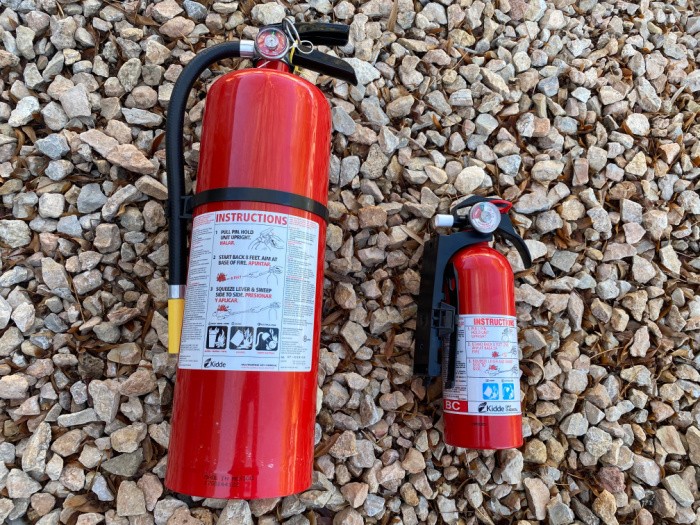

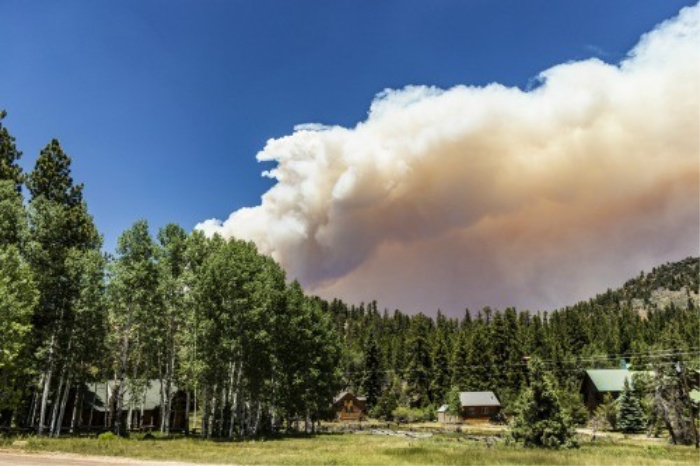
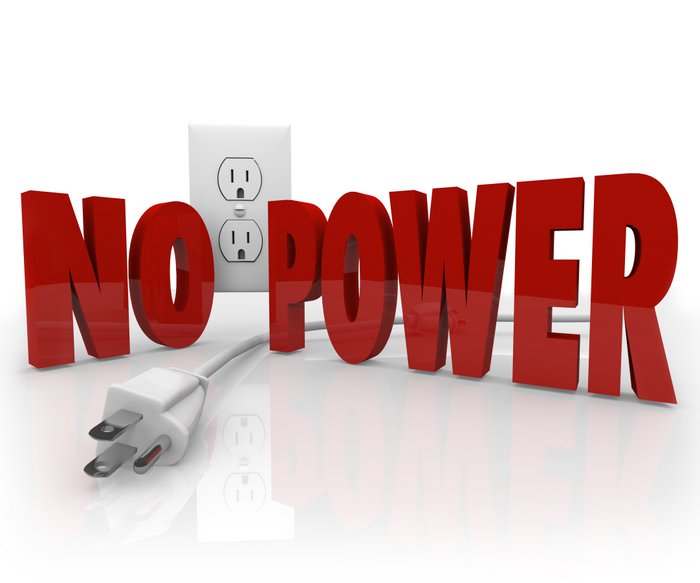



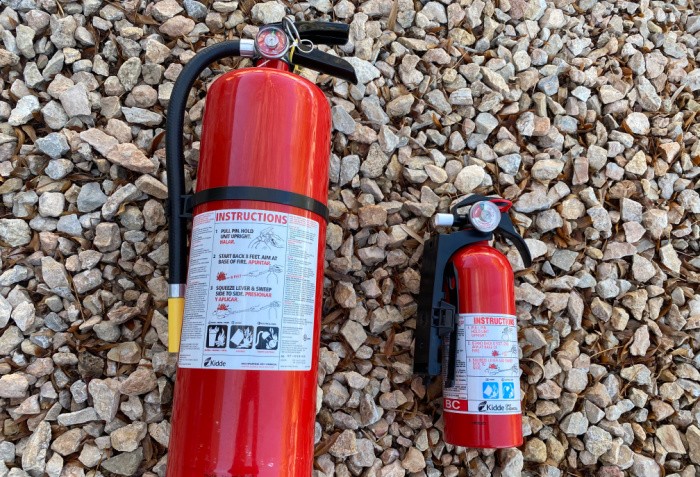
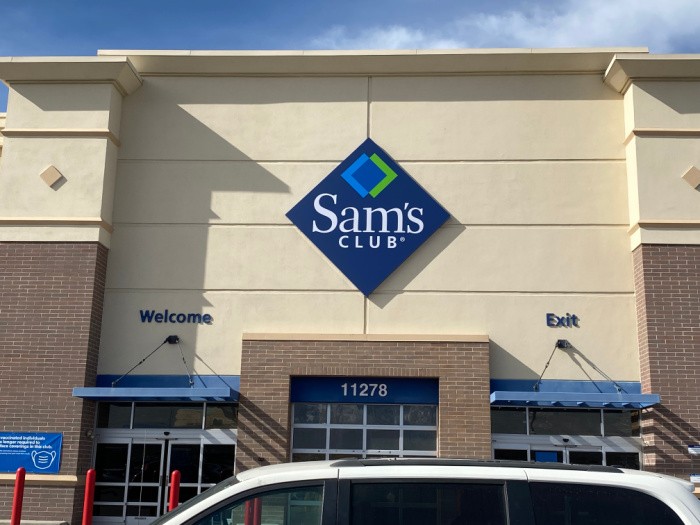





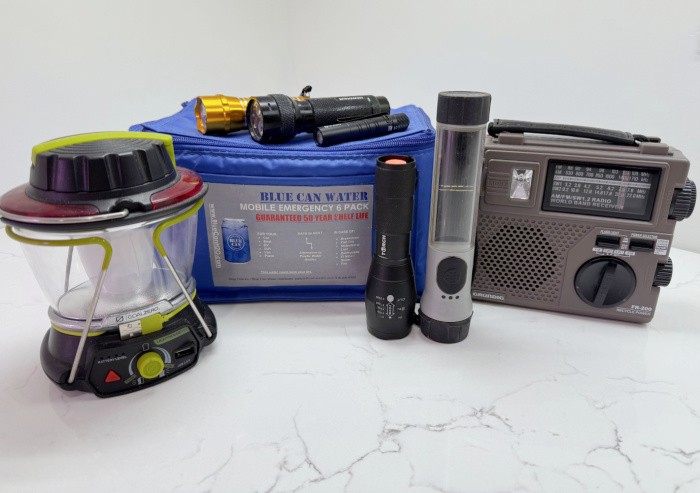
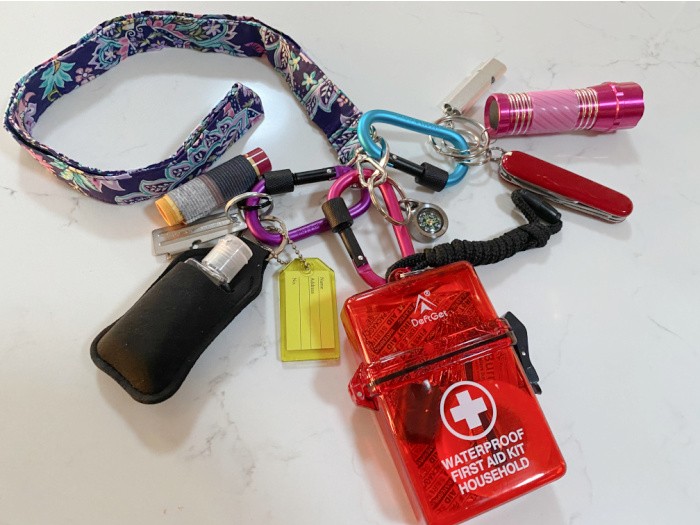





There are also fire extinguisher sticks you throw in a fireplace and they shoot up the chimney in case the creosote gets built up. They are called chimfex
HI Matt, oh I need to look these up, thanks for that tip! That would be safety tip for sure! Linda
Hi Matt, thank again I found the ChimFex https://amzn.to/3GlX3og
Linda
And fire blankets – can be pulled from a bag hanging near areas where fires are likely. I have one near my gas cook stove as well as my gas heating stove. Although, I feel that even with extinguishers and a fire blanket, should there be a fire from my gas heating stove, I likely will not be able to do anything except get out. Oh, and placement is everything. My fire blankets are not so close to the stoves as to cause me to get burned just trying to get them out.
HI Leanne, oh great reminder, I will add those to my post, thank you! Placement is everything for sure! Linda
The very first thing we bought when we moved into our home was fire extinguishers. We’ve never had to use one, knock on wood. LOL We do have a fireplace, but no chimney. It’s a ventless propane fireplace and we’ve had to use it due to loss of power. It keeps the main area warm. We also have one in our bedroom which keeps the rest of the house warm. We now have a generator. OK, we do have 2. One is gas and is dual powered, gas or propane.
HI Deborah, that was a great idea to purchase them when you moved into your house! I love hearing you have options for heat and power! I love it! Good job, Linda
Fire Extinguisher is also an improvised weapon !
Hi Elioth, yes indeed you are so right! Linda